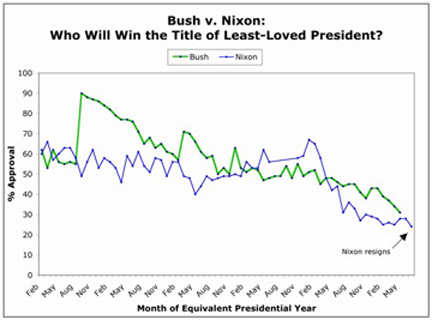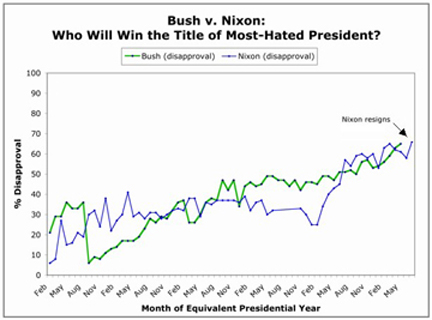A few weeks ago, Scott Ritter wrote an article criticizing the anti-war movement. Now there’s a new interview with him in which he says many of the same things:
You’ve offered the anti-war movement a bitter pill to swallow. You’ve said the peaceniks are a poorly organized conglomeration of egos, pet projects and idealism. Can you elaborate?
First of all, what is the peace movement? There is no national peace movement. There’s a conglomeration of organizations, all of which are ego-driven. If you take a look at Peace Action, they have a national Peace Action and they have state Peace Actions around the country. They don’t work well with each other; they don’t get along with each other. They feud. They don’t have a centralized plan…
I am not volunteering myself to be the visionary of the peace movement. All I’m saying is that having attended these meetings and reflecting on what I’ve seen, the peace movement’s getting its butt kicked…There needs to a meeting of the minds, a unified vision statement: What do we agree on? What is our focus of effort? And then once you get this mission statement, let’s put a little bit of fire into this…
But as soon as you mention “structure†to the peace movement, they get all nervous. They think it’s abut imposing military standards on them—an absurdity…It’s about organizing, and making sure you don’t waste resources. That’s what the peace movement needs: organization and to stop wasting resources.
I’m a football fan. At the end of the day, I judge a coach and a team by the score that exists on the scoreboard when the end of the fourth quarter comes. And right now, it’s the pro-war movement 60, the anti-war movement nothing. Someone can’t tell me, “No, no, we’re doing OK.†No, you’re not. You’re getting beat, and you need to recognize you’re getting beat, and you need to figure out why you’re getting beat, and you need to figure out what you need to do to get yourself back on track. And the key thing here is: Bring a sense of focus and organization, which is lacking.
I have a lot of sympathy for Ritter’s perspective. Much of what he says is completely right. However, I also think he doesn’t recognize the problems stem from something much deeper than individual shortcomings in 2006.
The root of it is the U.S. is an extremely depoliticized society. There are barely any progressive institutions in America, so there’s no progressive institutional memory. No one remembers what worked before and what didn’t. Everything starts from zero each time. And there’s little progressive culture encouraging people to sacrifice for the good of what institutions do exist. (This is not something I figured out on my own.)
Fixing this would take decades. But obviously people want to be effective right now.
The normal answer would be for the anti-war movement to become more hierarchical. That’s what primate societies under stress naturally do. (This is why leaders love war.) But hierarchy only works in the short-term, and even then it doesn’t work too well—particularly when your long-term goal is a less hierarchical society.
Do you have an opinion? If so, I’d be very curious to hear it, here. If enough people have cogent thoughts, I’m sure we can get Common Dreams or similar places to run a selection.
UPDATE: People have said some genuinely interesting things so far. Please don’t hesitate to chip in if you feel like it. I definitely will edit things down and send it someplace, and report back.
Update from Tom: Jon’s site appears to be running slow. Please do not send your suggestions to my inbox — just hang on to them until he’s back online.



